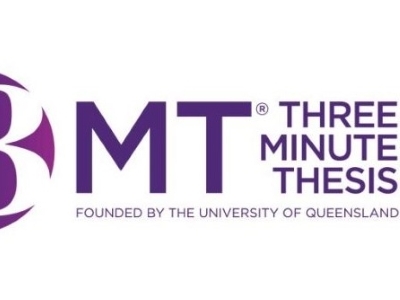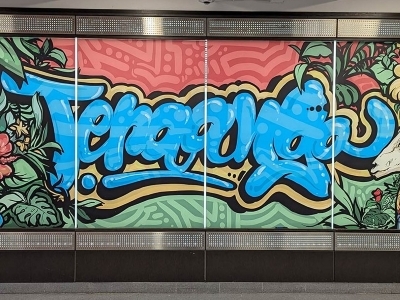*Part of our series on Carleton PhD alumni who are working in non-academic careers. You can read other stories in this series by going to our Alumni Success Story archive.
 As a research engineer for the Science and Engineering Directorate.at the Canada Border Services Agency, Pierre-Luc Drouin works on the evaluation, simulation, testing and monitoring of different detection technologies used to prevent unexpected radioactive material from crossing Canadian borders.
As a research engineer for the Science and Engineering Directorate.at the Canada Border Services Agency, Pierre-Luc Drouin works on the evaluation, simulation, testing and monitoring of different detection technologies used to prevent unexpected radioactive material from crossing Canadian borders.
His current career is a natural progression from research he conducted as a master’s and doctoral student at Carleton in the Physics Department.
During his master’s and PhD programs, Drouin (PhD/12) worked at the Sudbury Neutrino Observatory (SNO) before it was turned into the permanent SNOLAB facility. Among other things, he worked on the statistical data analysis method that allows the measurement of numerous neutrinos of each flavour that interact with the SNO detector. Neutrinos are subatomic particles that can pass through ordinary matter with virtually no interaction. They are created, notably by the Sun, as the result of a chain of nuclear fusion reactions.
Eighteen months before he completed his PhD, Drouin started working full-time as a contractor at Defence Research and Development Canada in Ottawa. One of the projects he worked on involved the design and implementation of a Bayesian estimator used to measure the momentum of cosmic ray muons that are detected by the Cosmic Ray Inspection and Passive Tomography (CRIPT) device. CRIPT is an imaging system developed in partnership with Carleton University.
Says Drouin: “I would say that having the chance of working within a large collaboration of scientists during my PhD allowed me to develop a network that was certainly helpful to become aware of different work opportunities.”
For current PhD students who are thinking about employment, Drouin says: “In addition to the expertise acquired during graduate studies, it might be a good idea to emphasize any relevant experience you acquired elsewhere, including through hobbies. I did not have to do significant networking, but I made sure that the people in the field I knew well were aware that I was looking for a position.”
Monday, March 24, 2014 in Alumni Success Stories, News
Share: Twitter, Facebook



